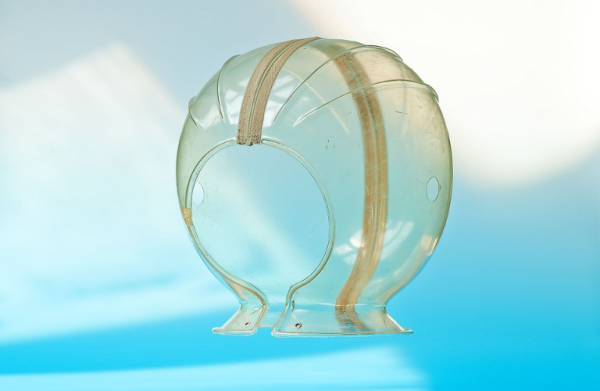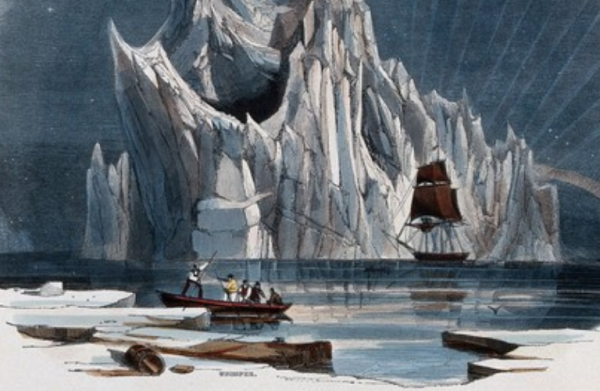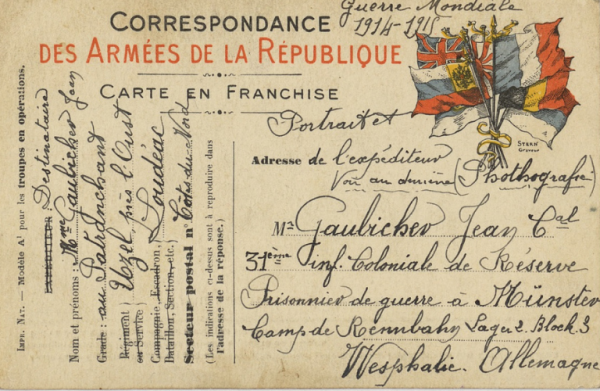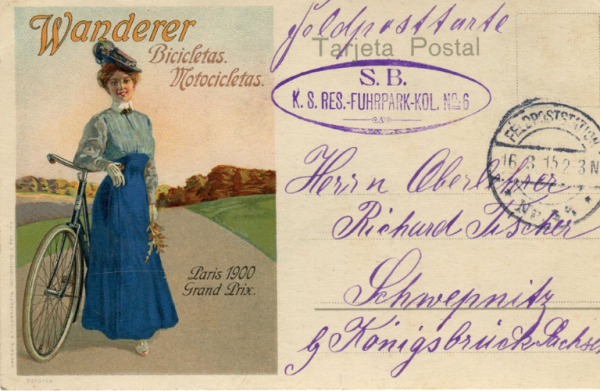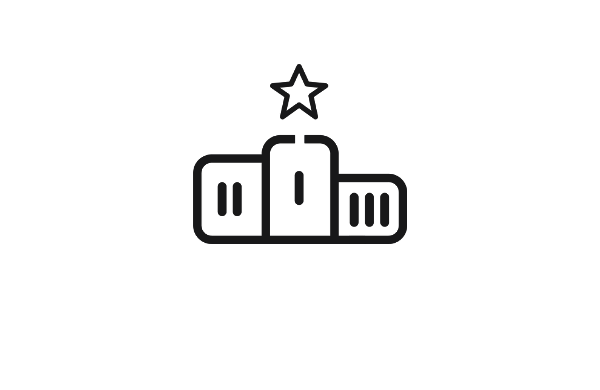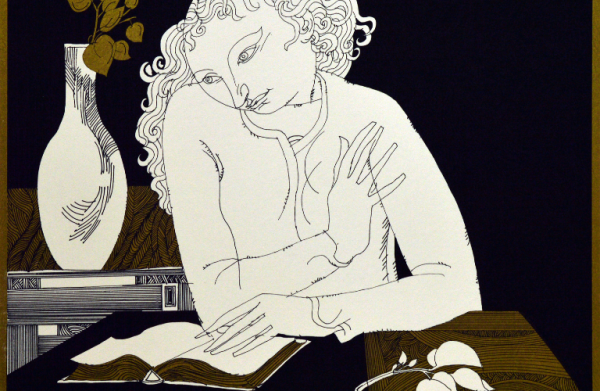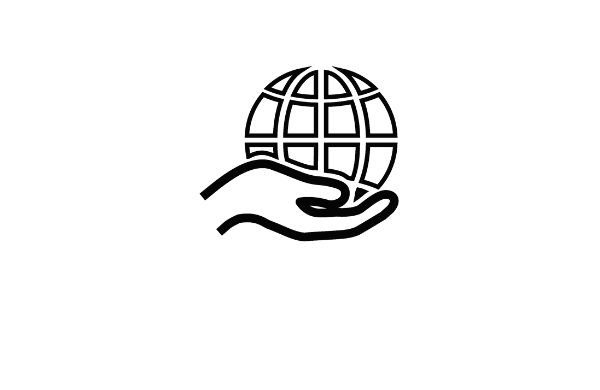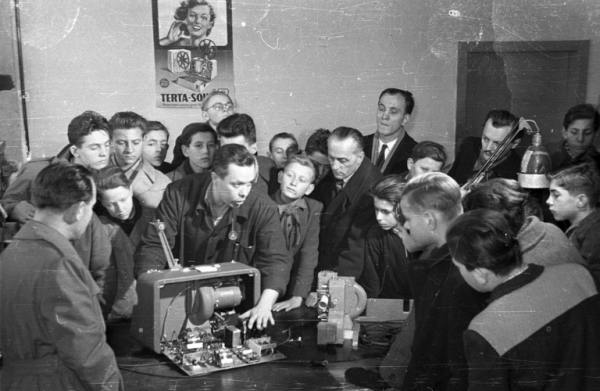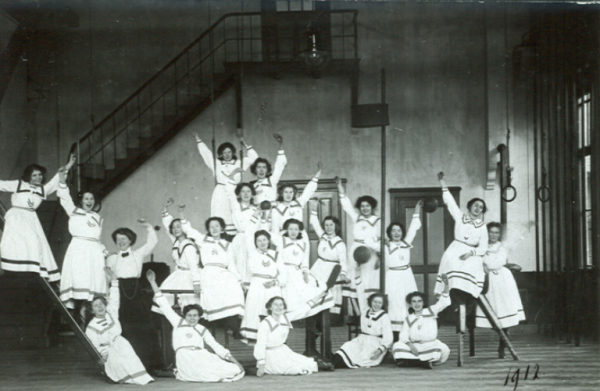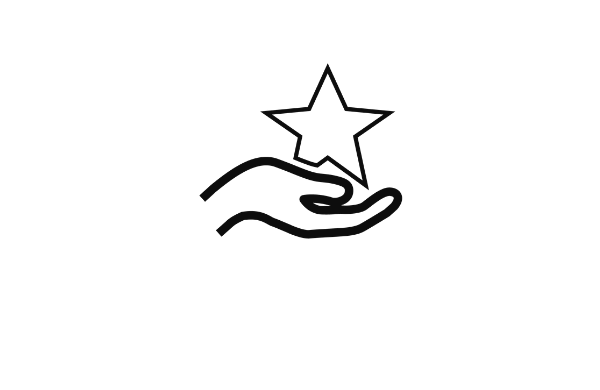
Introduction
2020 - the year of COVID-19 - changed the cultural heritage sector. And it changed the Europeana Foundation. It changed how we work and how we think about our work - what’s important to us as individuals, as an organisation and as a network, and it changed how we interact with our audiences.
The Europeana Foundation is committed to empowering the cultural heritage sector in its digital transformation. More than ever, we feel a responsibility to do that in a way that makes sure that the collections Europeana provides access to are used to do good - to help create the fair and inspiring world we want as part of a digital public space.
Making sure that this work remains relevant to the world we live in are the Europeana Network Association and the Europeana Aggregators’ Forum, as well as the newly formed Europeana Foundation’s Supervisory Board and Advisory Board.
The changes to our governance structure and our ways of working mean we can now be more agile, responsive and ready to shape that world we want.
The world we want
The world the Europeana Foundation envisions is a world that embraces diversity and includes everyone equally. It’s a world that encourages everyone in society to participate in cultural heritage and in which the cultural heritage sector works together for mutual benefit. These themes will stay with us beyond the scope of a single business plan - they are part of our fabric and will remain with us.

Diverse and inclusive
Cultural heritage empowers society to embrace its diversity and flourish. We want to embed this belief in our work and in our products and services so that everyone feels welcome, represented, equal and safe.
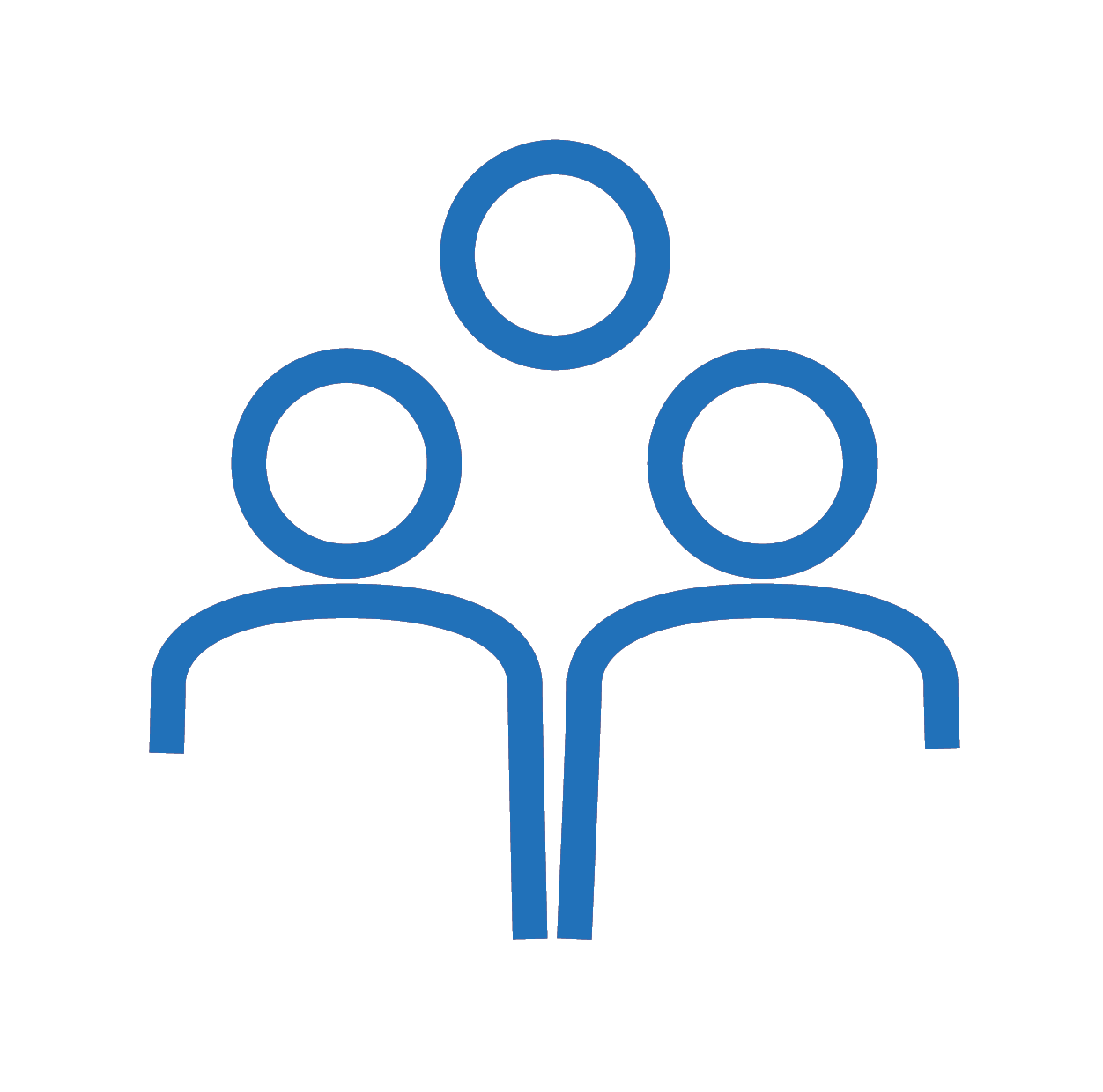
Participatory
Participation in culture creates value in the cultural sector and society at large. We want to set high standards for participatory practices on our platform, in our campaigns and in the global cultural sector.
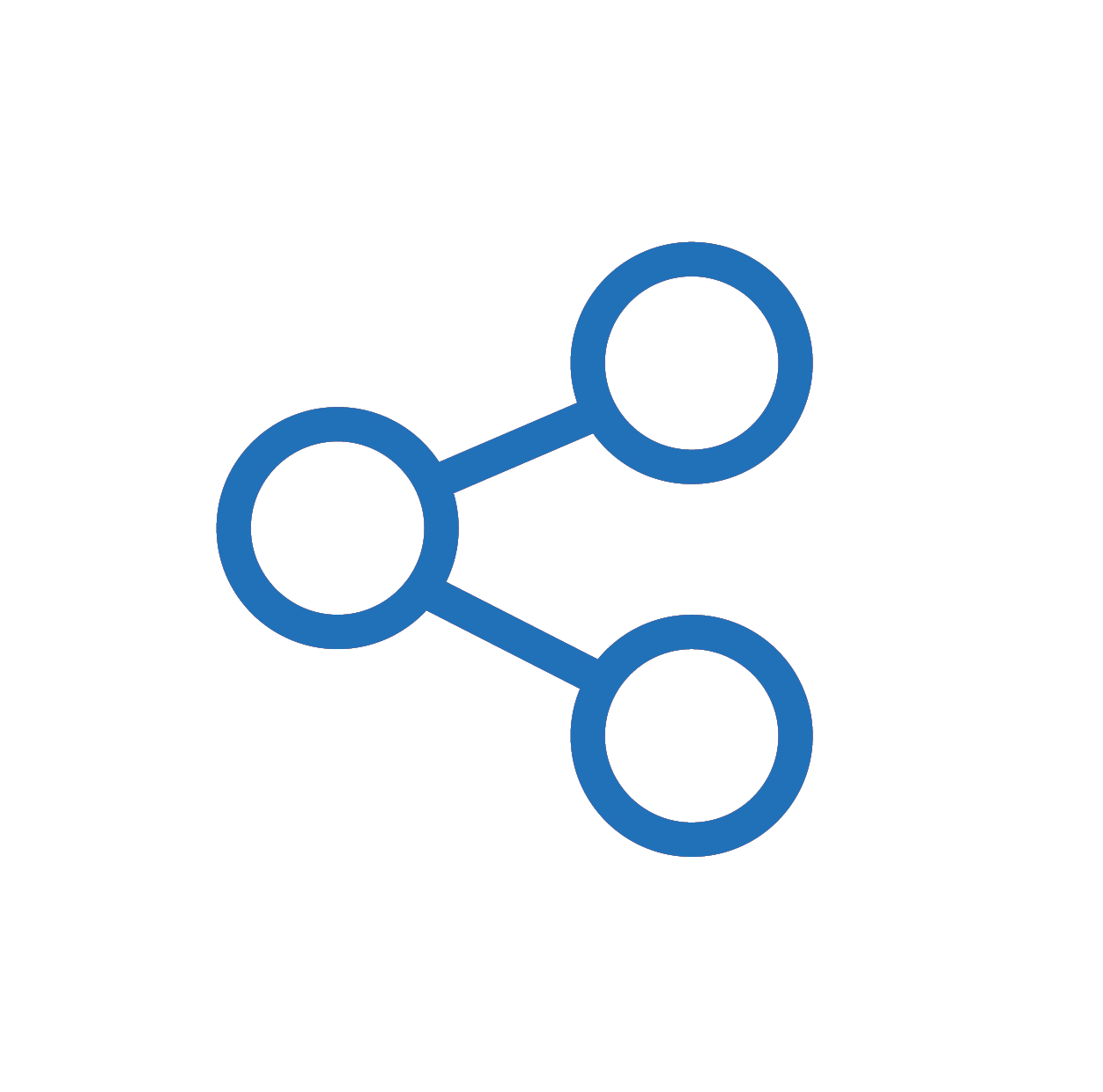
Collaborative
We want to work collaboratively with our networks, partners and communities towards a European cultural sector focused on collectively putting digital cultural heritage at the heart of society.
Diverse and inclusive
Cultural heritage empowers society to embrace its diversity and flourish. We want this belief reflected across all areas of work - from the data we collect, to the stories we tell, the events we organise and the communities we nurture.
A Diversity and Inclusion team will explore and design actions so the Foundation can contribute to making everyone feel welcome, represented, equal and safe whether they’re working within the Europeana Initiative or accessing and using Europeana’s digital collections.
With the Europeana Network Association and Europeana Aggregators’ Forum, we will co-develop expert-led workshops to better understand the challenges and develop a roadmap to inform how we should address them - respectively and collectively.
Participatory
We want everyone in our societies to have the opportunity to participate in digital cultural heritage - to access it, to share it, to play with it, contribute to it and be enriched by it.
Our user engagement and design teams will develop a strategy that allows us to integrate our participatory activities deeper into our products and services, and to develop greater opportunities for participation with digital cultural heritage.
We will work with our networks to establish new standards for participatory practices in the cultural sector. We will build creative, effective participatory opportunities, and we will make sure online and in-person participation is safe and welcoming for all our audiences.
Collaborative
Collaboration is vital in addressing the cultural heritage sector’s vulnerabilities. A sector that can thrive in the digital 21st century is one that works together. Greater collaborative practices can progress its digital transformation and that transformation can enable further collaborative opportunities.
We will deepen our partnerships - and initiate new ones - with organisations that complement us and share our ambitions for the digital transformation of the cultural heritage sector. We will explore our role in collaborating across the sector, to support and advance it. And we will encourage collaborative spirit in all that we do, whether that’s hosting interactive community events or simply reaching out to institutions.
Our global context
Our world is changing. A change accelerated by the pandemic and the public and political response to it. At European level, the EU aims to reshape how we live and work together as a society, to create a more equitable, sustainable and resilient world with digital and culture playing key roles. We share that ambition and will make sure that our efforts contribute to the wider policy efforts that support it, for example, in the ambitious New European Bauhaus project that the European Commission has initiated.
We’re part of a democratic digital space for good
The Europeana Initiative is positioned at the heart of a data space for cultural heritage in the new plans of the European Commission.
We want that space to be part of a vibrant digital public sphere, an open online space in which everyone can access and interact with trustworthy, reliable information and where discussion and interactions are respectful and free of harassment and exploitation. This idea is very closely linked to the foundations on which Europeana is built and the values we hold.
This concept is growing and one which we want to explore with others. We want to take our place as thought-leaders for a digital transformation of the cultural heritage sector that contributes to such a thriving public digital space.
We want to be part of discussions with partners, and with the European Commission, so that culture is always represented in discussions on the development of policies and programmes linked to digital public spaces.
We’re part of the climate problem - and the solution
There is a global climate emergency. Digital has a carbon footprint too. From what we do in the office, to the broader Europeana Initiative and the sector at large - we need to support action related to the digital transformation.
Our climate action should support and contribute to the European Green Deal, creating a greener, more sustainable society.
We will set up a ‘Green team’ that will establish our carbon footprint, monitor our progress and develop actions and activities with the Europeana Network Association to build capacity in the sector on this important subject. We want to find easy-to-manage, easy-to-measure ways to assess our progress and our impact.
We can’t do it alone - our longstanding habits of collaboration and participation will enable a meaningful contribution to reducing the impact the digital cultural heritage sector has on climate change.
Projects for digital culture
Project working is where our collaborative ethos comes to the fore. Coordinated by the Foundation, 21 partners work together to deliver the Europeana service. We also participate in EU-funded projects (Generic Services and Horizon 2020 projects) to both develop the Europeana services and support cultural heritage institutions in their digital transformation. The scope and partners of these projects are many and varied, covering topics from aggregation to technological innovation, audience engagement and capacity-building.
What we’re working on in 2021-2022
The day-to-day work and priorities of the Europeana Foundation are directed broadly by the Europeana Strategy 2020-2025 and specifically by individual plans relating to the DSI and Generic Services projects. Below we highlight some of the upcoming activities relating to our focus areas of improving our aggregation infrastructure and data quality, reaching and engaging audiences and building capacity for digital transformation in the sector.
All of our activities are driven by the desire to create an inclusive, participatory and collaborative digital heritage world that contributes to the digital public sphere while minimising our climate impact. We will look for every opportunity to make sure our day-to-day activities reflect and advance these themes.
Data Data Data
The availability of high-quality, usable and accessible material is essential for digital cultural participation and reuse opportunities and sits at the heart of the European Commission’s new concept of ‘data spaces’ - making better use of publicly held data for the common good, for example in other sectors such as tourism, education and research. To help meet this vision, we’re improving our aggregation infrastructure (to get material in) and data publishing process (to share it with the world), as well as increasing data quality.
Innovating our infrastructure
We’ll speed up and improve the publishing process via Metis - our bespoke aggregation infrastructure. The Metis Sandbox will allow aggregators to test and improve their datasets before submission to Europeana.
We’ll increase the potential for participation by upgrading the Europeana APIs to improve effective two-way connection between external platforms and Europeana.
Projects focusing on aggregating 3D and intangible heritage content will provide valuable insights to help us improve the data models for these content types.
Collaborating with EuropeanaTech and global initiatives like IIIF, we’ll work on innovations for cultural heritage content interoperability.
We’ll keep a mindful eye on minimising our carbon footprint and make sure our infrastructures run on renewable energy.
Improving data quality
The Europeana Publishing Framework will highlight the impact that better quality content and metadata have on how we promote and showcase material.
We’ll build first-hand knowledge of how Artificial Intelligence (AI) and crowdsourcing can enrich data, with an image classification pilot, AI tools for automatic translation and semantic enrichments to improve the discoverability and multilinguality of Europeana. In addition to our transcribathons, we’ll explore subtitle-a-thons and edit-a-thons.
Collaboration with aggregators and data providers is vital for improving our cultural collections and enhancing their diversity and inclusivity. We want to develop shared learning opportunities with the Europeana Aggregators’ Forum to address bias in our data and the way we apply AI. We’ll improve existing content, resolving broken links and re-engaging with inactive data partners. And we look forward to new content from crafts, broadcasting and Roma traditions to Chinese and Jewish heritage.
GOALS
- > 65% of data in content Tier 2+ (High quality content)
- > 45% of data in content Tier 3+ (High quality and reusable content)
- > 65% of data in metadata Tier A+ (High quality metadata)
- More than 2.5 million enrichments from Generic Services projects
- More than 460,000 new and updated records from Generic Services projects
ⓘ Find out more about the Europeana Publishing Framework tiers
Access for all
The Europeana website is at the heart of our audience engagement work and the culmination of our collaborative work with partners to showcase and connect their collections in a digital public space. It’s where people come to participate - to search, browse, explore, learn and even to contribute their own stories.
Providing a rich experience
We want audiences to return more frequently and to stay for longer. So we’ll keep improving our searching, browsing and viewing experiences, for example, upgrading our newspapers search to search within the full-text of a document. And with Europeana XX, we’ll launch a feature so anyone can curate and publish their own personal galleries on Europeana.
For a better online browsing experience, we already link records with a similar creator, place or topic together. We will extend our work on these collection pages and improve how we enrich records with these linking terms.
The language you speak shouldn’t be a barrier to participation, so we’re working on translations for item pages, and progressing multilingual search. Ultimately, Europeana Translate will connect Europeana and the EU’s eTranslation tool, automatically translating millions of records from a local language to English.
Connecting with audiences
Highlighting captivating materials and stories, our high-quality editorial features help audiences explore and discover digital cultural heritage. Promoted via social media and outreach channels, the editorial drives people back to the Europeana website to discover more. We look forward to further building our understanding of our audience and their needs and expanding our editorial range, exploring engaging formats such as vlogs, podcasts and online tours developed in associated projects.
The support we give to developers using the Europeana APIs will broaden the use of digital cultural content on third party platforms (including tourism providers). And activities with education communities foster the use of digital cultural heritage for teaching and learning, with an emphasis now on audiovisual content and resources in multiple languages.
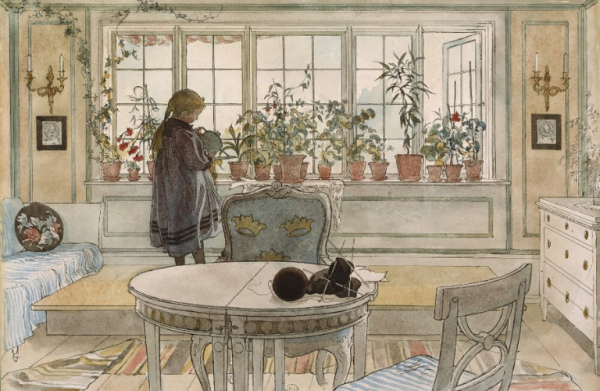
- Title:
- Flowers on the Windowsill. From A Home (26 watercolours)
- Creator:
- Carl Larsson
- Institution:
- Nationalmuseum
- Country:
- Sweden
- Copyright:
- Public Domain
A sector fit for digital
The needs of cultural heritage institutions are many and varied. The Europeana Foundation is dedicated to supporting the cultural heritage sector in building capacity for digital transformation, showcasing the value of and advocating for sustainable digitisation in Europe, adoption of standards and best practice. We will partner with organisations who can help us put culture and digital transformation at the heart of the recovery of Europe.
Developing capacity-building
Collaborating with the Europeana Network Association, Europeana Aggregators’ Forum and others, we will develop a framework for the structural adoption of our capacity-building initiative, developing skills and knowledge across the sector. Clear measures of change will be designed and tested using the Europeana Impact Framework and the Europeana Pro website will be developed further as a knowledge hub for related resources and tools.
A rich professional development programme of online, watch-again and in-person events run by the Europeana Foundation and partners will cover topics from data quality, impact and copyright, to artificial intelligence, communications, research and education.
With Stichting Digitaal Erfgoed Nederland (DEN), a pilot management academy for the cultural sector will support cultural heritage professionals to develop skills for digital transformation and enable them to train their peers.
Nurturing our networks
We want to increase the diversity of our networks - the Europeana Network Association and Europeana Aggregators’ Forum - and encourage active participation. We want to align our activities, including efforts in areas such as diversity and climate action, so we can all better contribute to capacity-building and outreach work.
Individual institutions need good arguments to invest resources in contributing their collections to Europeana so we will demonstrate the value of the Europeana Initiative to national infrastructures, with a focus on the adoption of the Europeana Licensing Framework. We will develop global efforts to label digital cultural heritage with accurate international interoperable rights information. And we will raise awareness of the value delivered by the Europeana Initiative in EU member states, via relevant policy areas, conferences under the Presidency of the Council of the European Union in Portugal and Slovenia, and through partnerships such as Europa Nostra.
Budget
Download the Europeana Foundation Business Plan budget as a PDF below.
- Europeana_Foundation_Business_Plan_ 2021_Budget.pdfDOWNLOAD - Images/Publication_thumbnails/Europeana Foundation Business plan 2021/Europeana_Foundation_Business_Plan_ 2021_Budget.pdf


